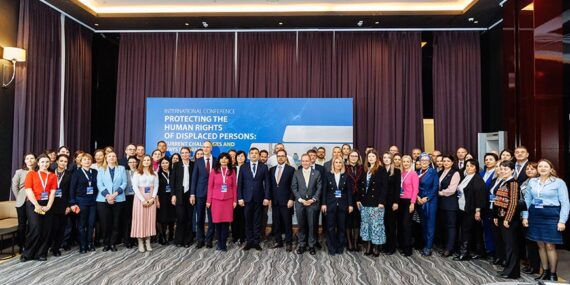France must prioritize human rights protection, advocates urge
On Tuesday, Human Rights Watch addressed a letter to France’s new Prime Minister, Michel Barnier, urging him to prioritize human rights when crafting national and international policies. The 2024 France parliamentary elections were marred by a rise in racist and xenophobic rhetoric, alongside extreme political polarization. According to a report published by the French National Consultative Commission on Human Rights (CNCDH),…















